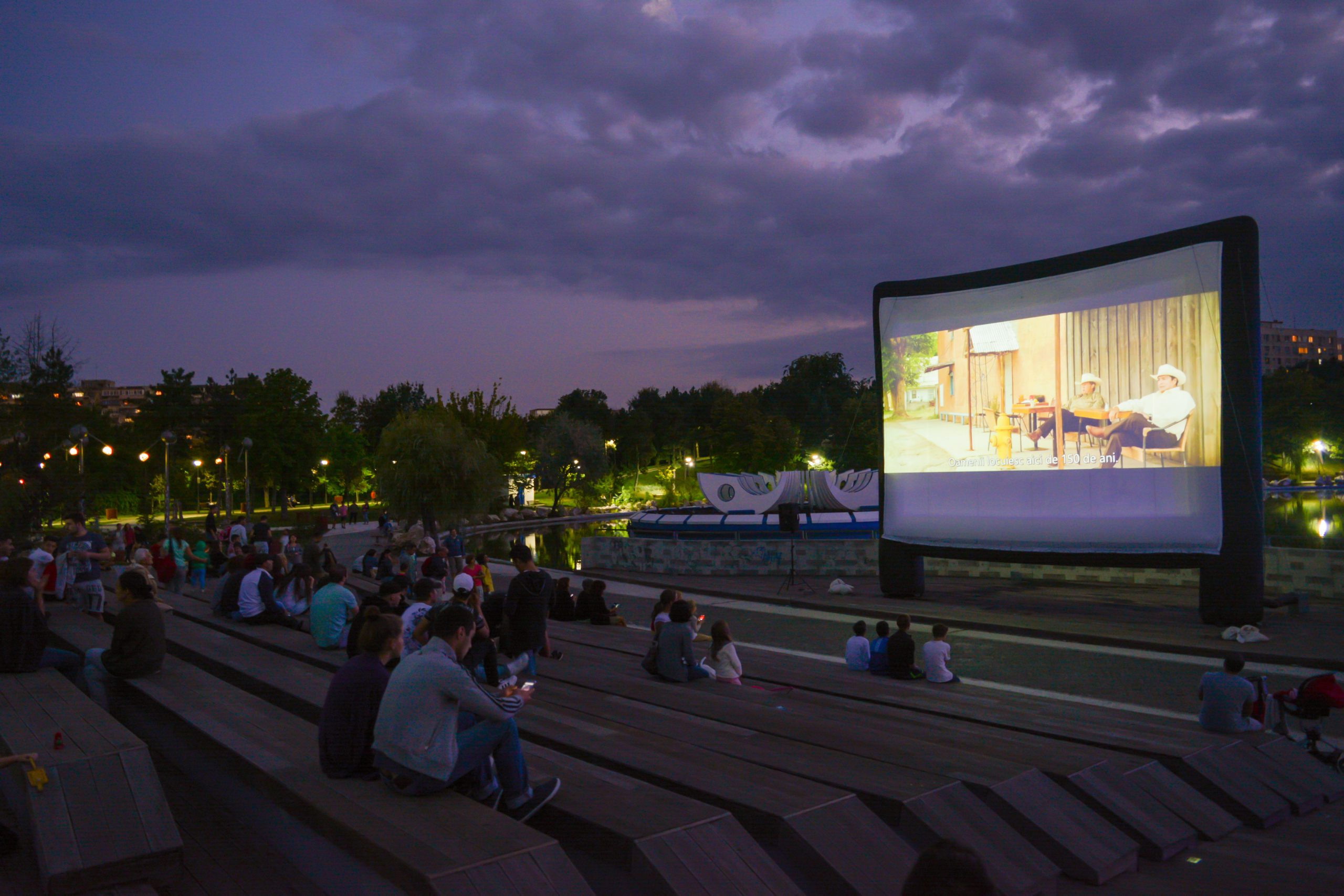Music is an undeniable force that has the power to shape and influence generations. From the iconic songs of The Beatles that defined the 1960s to the rebellious punk anthems of the 1980s, music has been a driving force in defining cultural and social movements. It has the ability to transcend boundaries and connect people from all walks of life, leaving a lasting impact on society. In this article, we delve into the legacy of music and how it has shaped generations, unlocking its impact on our lives.
The 1960s was a decade of groundbreaking music that paved the way for future generations. The Beatles, often referred to as the “Fab Four”, took the world by storm with their catchy tunes and charming personalities. Their music not only defined a generation but also broke cultural barriers and influenced the course of history. Songs like “Hey Jude” and “Let it Be” became anthems for peace and love, reflecting the growing counterculture movement of the time. The Beatles’ legacy lives on to this day, with their music still resonating with people of all ages. Their impact on music and society is unparalleled and serves as a testament to the power of music in shaping generations.
As we move into the 1970s, we see the rise of disco and the emergence of a new genre of music – punk. The disco era brought about a new wave of dance music and a sense of freedom and expression. However, it was the punk movement that truly shook the foundations of society. With its raw and rebellious nature, punk music became a voice for the disenfranchised youth, challenging the status quo and provoking change. Bands like The Sex Pistols and The Clash became the face of punk, with their music and attitudes inspiring a generation to question authority and fight for their beliefs. The punk legacy lives on, with its influence still seen in the music and fashion of today.
The 1980s saw a fusion of different genres, giving rise to new sounds and styles of music. From the synth-pop of The Eurythmics to the rock ballads of Bon Jovi, the 80s were a time of experimentation and innovation. But it was the emergence of hip hop that truly left its mark on the decade and beyond. Hip hop, with its roots in African American culture, became a form of expression for marginalized communities, giving a voice to their struggles and experiences. Artists like Run-DMC and Public Enemy paved the way for future hip hop artists, making it a global phenomenon and influencing the music industry in profound ways. Today, hip hop remains one of the most popular genres of music, with its impact on society evident in the way it continues to shape and define youth culture.
As we move into the 21st century, the music scene has become more diverse than ever, with a melting pot of genres and artists. The rise of technology and social media has made it easier for musicians to reach a wider audience, giving rise to a new wave of independent artists and DIY culture. With the click of a button, we can now access music from all corners of the world, breaking down barriers and connecting people through a shared love of music. This has also led to the rise of new genres like K-pop and Latin music, which have gained immense popularity and have a significant influence on today’s youth.
Music has the power to transcend language and cultural barriers, creating a sense of unity and belonging. It has the ability to evoke emotions, whether it’s through a catchy beat or powerful lyrics. The impact of music on our lives is undeniable, and its legacy continues to shape future generations. It serves as a time capsule, capturing the essence of different eras and preserving them for years to come. Every generation has its own defining music, and it’s a testament to the fact that music has the power to connect people and shape society.
In conclusion, music is more than just entertainment – it’s a cultural phenomenon that has the power to shape generations. From the iconic songs of The Beatles to the rebellious anthems of punk, music has played a pivotal role in defining cultural and social movements. It continues to evolve and influence society, leaving behind a legacy that will continue to unlock its impact for years to come. As we look to the future, we can only imagine the new sounds and genres that will emerge, and the impact they will have on shaping the next generation.




